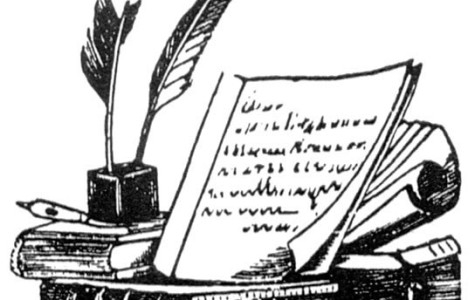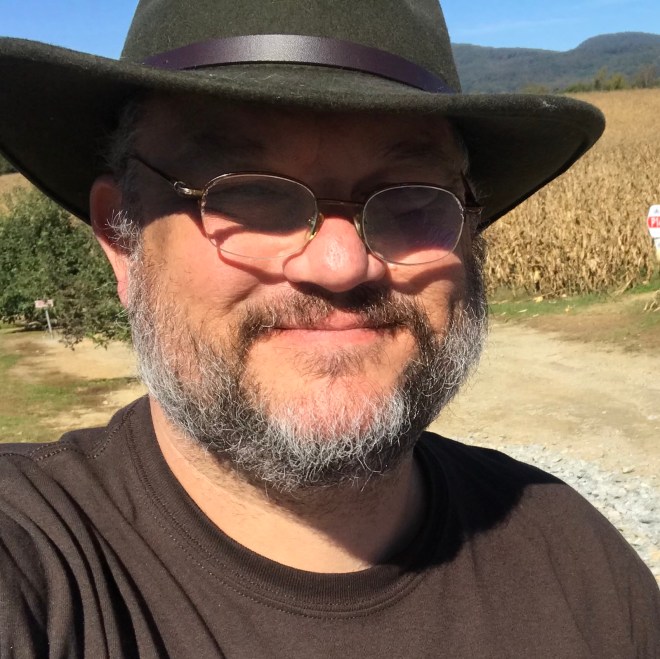
Twenty-seven years ago today my life changed for the better. That was the day that my trophy wife and I said, “I do” in front of a packed church of friends, family and a lot of other people from the church and community. After a year long engagement she still wanted to marry me. Go figure. I make no secret in the fact that she literally saved my life way back then, and have openly admitted that to anyone who cared to listen. If she hadn’t come along when she did I don’t even want to think of where or what I would be right now. I wasn’t in a good place in my life, and was wandering aimlessly at twenty-two years of age. Because of her, and her unwavering dedication to our marriage, our family and our home, I have so much more than I ever thought I would ever have or deserve.
Through this past twenty-eight years together, twenty-seven married, she has managed to keep me grounded and focused, in spite of myself, and I have accomplished so much that I wouldn’t have left to my own devices. I am the father to two very incredible children, whom I affectionately refer to as our ‘adult offspring’ and of whom I am extremely proud. I am a college graduate, a homeowner, my truck is paid for, I am well-known and respected in my community, and I have managed to remain in the same career field for the past twenty-one years, even though time, wanderlust and ADD have often made me want to throw it away and do something completely different. Now I can see the light at the end of the retirement tunnel. I’ve said it before, and I’ll say it again, I owe who and what I am to her.
We have definitely pushed our vows to the edge of the envelope, especially the “through the bad times” part with our various illnesses. Now that we are empty nesters and she is retired, maybe we can focus more on the “through the good times” part of the vows.
Thank you, Lynn for not giving up on me, even though I have, and will probably continue to give you good reason to lol. I Love You, my trophy wife.





 Hi, Y’all,
Hi, Y’all,